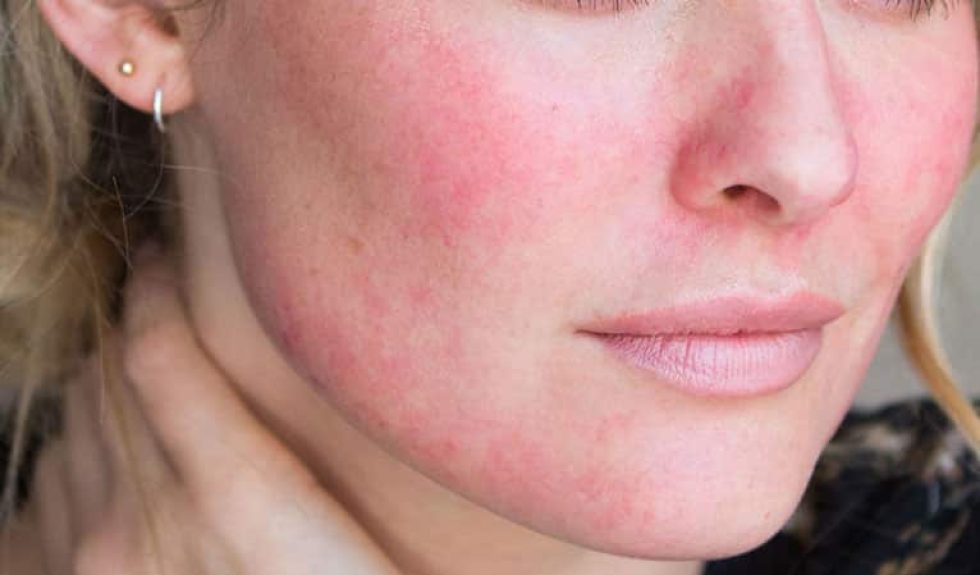Rosacea is a chronic skin condition characterized by facial redness, flushing, visible blood vessels, and occasional acne-like breakouts. While it typically affects the central face, including the cheeks, nose, chin, and forehead, rosacea can also manifest in other areas such as the neck, chest, and ears. Although the exact cause of rosacea remains elusive, various triggers and laser treatment for rosacea options have been identified to manage its symptoms effectively. In this article, we’ll explore the intricacies of rosacea, its common symptoms, potential triggers, and the range of treatment options, including laser therapy, available to individuals seeking relief from this chronic skin condition.
Understanding Rosacea
Rosacea is a complex and multifactorial skin disorder that affects millions of individuals worldwide, typically appearing after the age of 30. While the precise cause of rosacea remains unclear, several factors are believed to contribute to its development, including genetic predisposition, abnormal immune responses, environmental triggers, and the presence of certain bacteria. The condition is characterized by episodes of flushing, persistent redness, visible blood vessels (telangiectasia), and occasionally, papules and pustules resembling acne.
Common Symptoms and Triggers
The symptoms of rosacea can vary widely among individuals and may fluctuate in severity over time. Common signs and symptoms of rosacea include:
- Facial redness, particularly in the central areas of the face.
- Flushing or blushing episodes triggered by factors such as hot beverages, spicy foods, alcohol, sunlight, stress, and certain medications.
- Visible blood vessels (telangiectasia) on the cheeks, nose, and chin.
- Papules and pustules resembling acne, often referred to as “rosacea acne.”
- Thickening of the skin, particularly on the nose (rhinophyma) in severe cases.
Identifying and avoiding triggers that exacerbate rosacea symptoms can help individuals manage the condition more effectively. Common triggers include exposure to sunlight, extreme temperatures, spicy foods, alcohol, caffeine, stress, certain skincare products, and medications that dilate blood vessels.
Effective Laser Treatment For Rosacea Options
While there is no cure for rosacea, various treatment options are available to manage its symptoms and improve the overall appearance of the skin. The choice of treatment depends on the severity of symptoms and may involve a combination of topical medications, oral medications, laser treatment for rosacea, and lifestyle modifications. Some effective treatment options for rosacea include:

O Spa Boutique Has Effective Laser Treatment For Rosacea
- Topical medications: Topical creams, gels, and lotions containing ingredients such as azelaic acid, metronidazole, ivermectin, or brimonidine can help reduce redness, inflammation, and acne-like lesions associated with rosacea.
- Oral medications: Oral antibiotics, such as doxycycline, minocycline, or tetracycline, may be prescribed to reduce inflammation and control papules and pustules in more severe cases of rosacea. Oral isotretinoin may be considered for individuals with refractory rosacea or rhinophyma.
- Laser and light therapy: Various laser and light-based treatments, including pulsed dye lasers, intense pulsed light (IPL) therapy, and vascular lasers, can effectively target visible blood vessels (telangiectasia) and reduce facial redness associated with rosacea.
- Skincare and lifestyle modifications: Gentle skincare practices, such as using mild, fragrance-free cleansers and moisturizers, avoiding harsh skincare products, protecting the skin from sunlight with broad-spectrum sunscreen and protective clothing, and managing stress through relaxation techniques, can help minimize rosacea flare-ups and improve overall skin health.
Rosacea is a chronic skin condition characterized by facial redness, flushing, visible blood vessels, and occasional acne-like breakouts. While there is no cure for rosacea, various treatment options are available to manage its symptoms effectively and improve the quality of life for affected individuals. By identifying and avoiding triggers, adhering to a personalized treatment plan prescribed by a dermatologist, and implementing skincare and lifestyle modifications, undergoing a laser treatment for rosacea, individuals with rosacea can achieve significant relief from their symptoms and enjoy healthier, clearer skin. If you suspect you have rosacea or are struggling to manage its symptoms, consult with a dermatologist or healthcare professional for an accurate diagnosis and personalized treatment recommendations tailored to your individual needs.
Learn more about O Spa Boutique’s Laser Treatment For Rosacea HERE.

